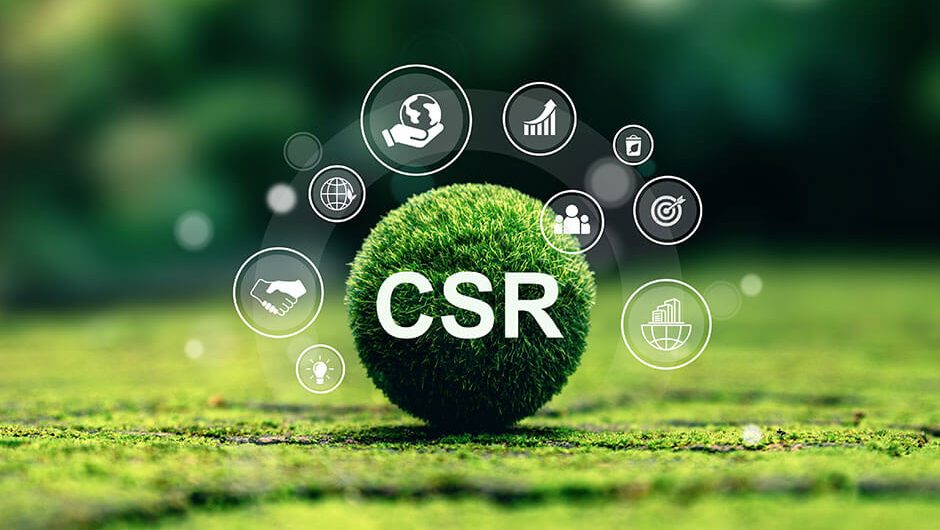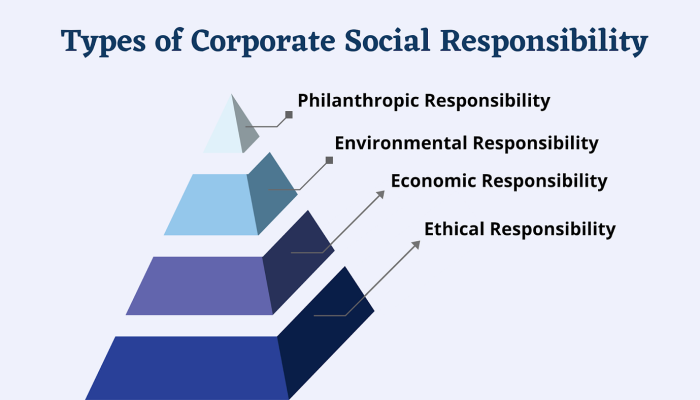Corporate Social Responsibility (CSR) in the ice cream industry involves adopting practices that balance environmental sustainability, social responsibility, and economic performance. As ice cream production requires significant resources, companies must ensure their operations align with ethical and sustainable principles. Below are key CSR aspects relevant to ice cream production:
Sustainable Sourcing of Ingredients:
Companies should prioritize sourcing ingredients like milk, sugar, and cocoa from sustainable and fair-trade-certified farms. This supports farmers' livelihoods while minimizing environmental harm.Reducing Environmental Impact:
- Water Usage: Ice cream production consumes large amounts of water. Implementing water-saving technologies can reduce wastage.
- Energy Efficiency: Transitioning to renewable energy sources in manufacturing facilities helps lower carbon emissions.
- Eco-friendly Packaging: Using biodegradable or recyclable materials for packaging reduces plastic waste.
Community Engagement:
Ice cream brands often operate globally and should invest in the communities they source from or sell to by providing education, infrastructure, or healthcare support.Healthy Product Development:
Offering low-sugar or dairy-free options caters to consumers' diverse dietary needs, promoting health consciousness.Employee Welfare:
Ensuring fair wages, safe working conditions, and growth opportunities for workers at all levels of the supply chain is critical.
Prominent companies like Ben & Jerry’s and Häagen-Dazs have pioneered CSR efforts, incorporating sustainability and fairness into their practices. Such efforts not only enhance brand reputation but also contribute to global sustainability goals.


 Persian – فارسی
Persian – فارسی Kurdish
Kurdish Arabic
Arabic Turkish
Turkish Russian
Russian Dutch
Dutch italian
italian









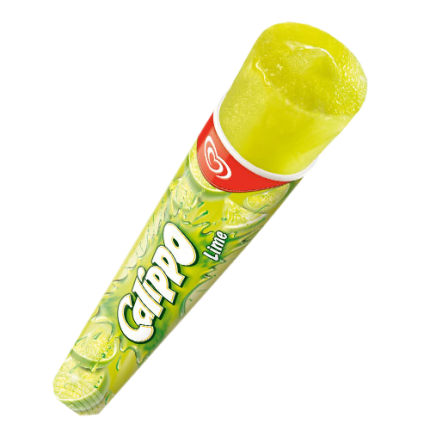
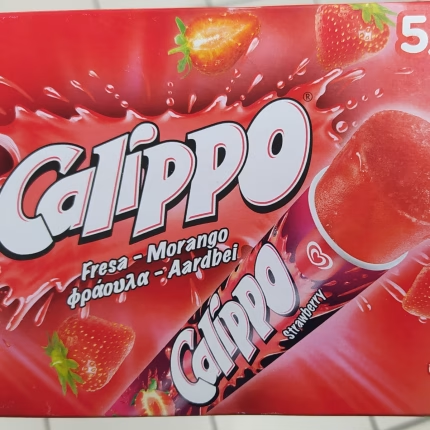














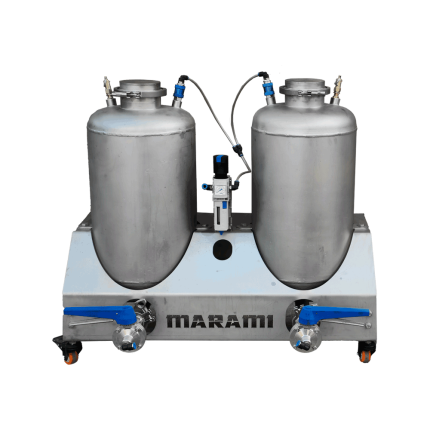



 Persian – فارسی
Persian – فارسی